Small Apartment Building Floor Plan

Introduction
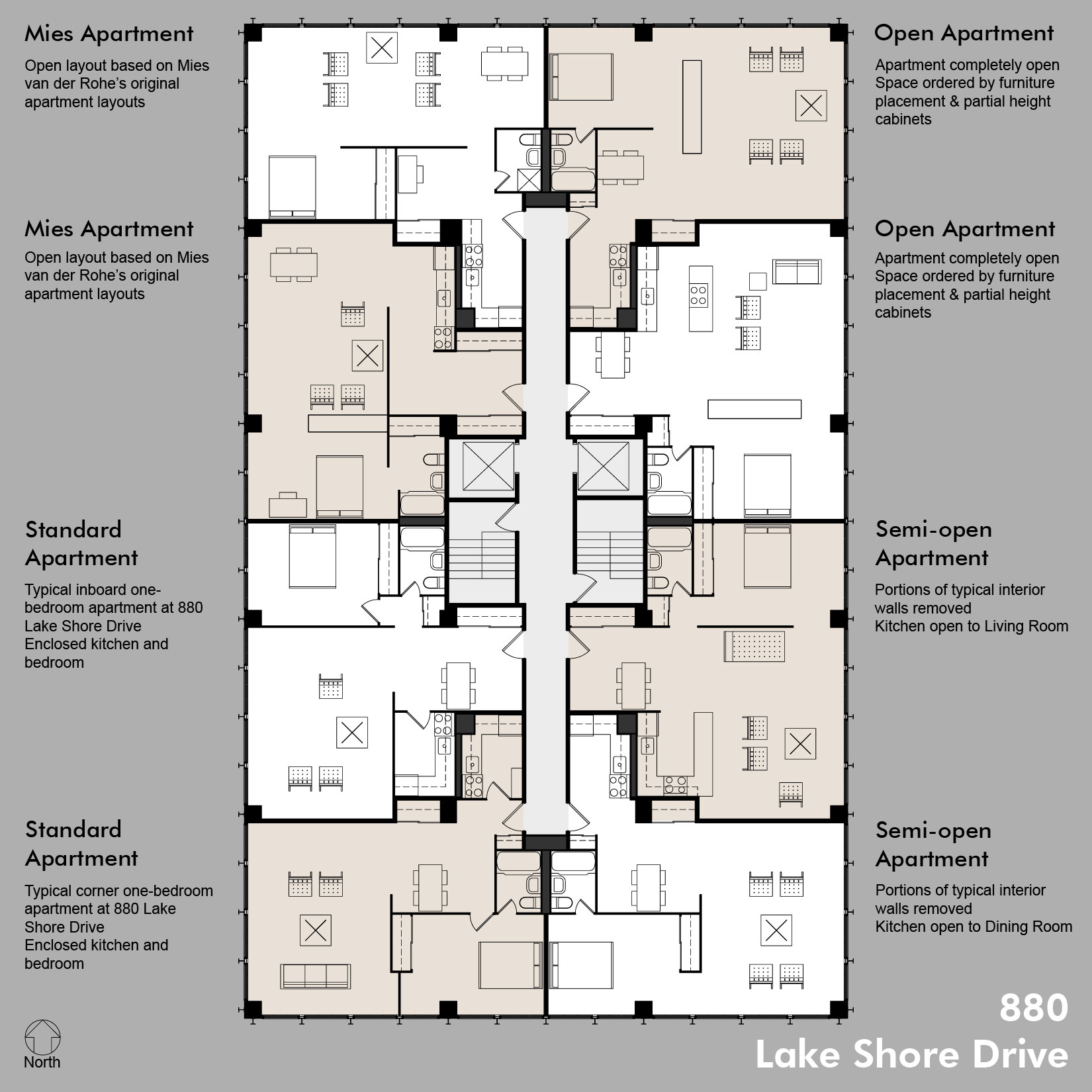
Small apartment buildings are becoming increasingly popular due to their affordability, convenience, and efficiency. These buildings typically consist of multiple units with limited square footage, making it essential to optimize space and create functional living areas.

Floor Plan Considerations

When designing a floor plan for a small apartment building, several key considerations must be taken into account:
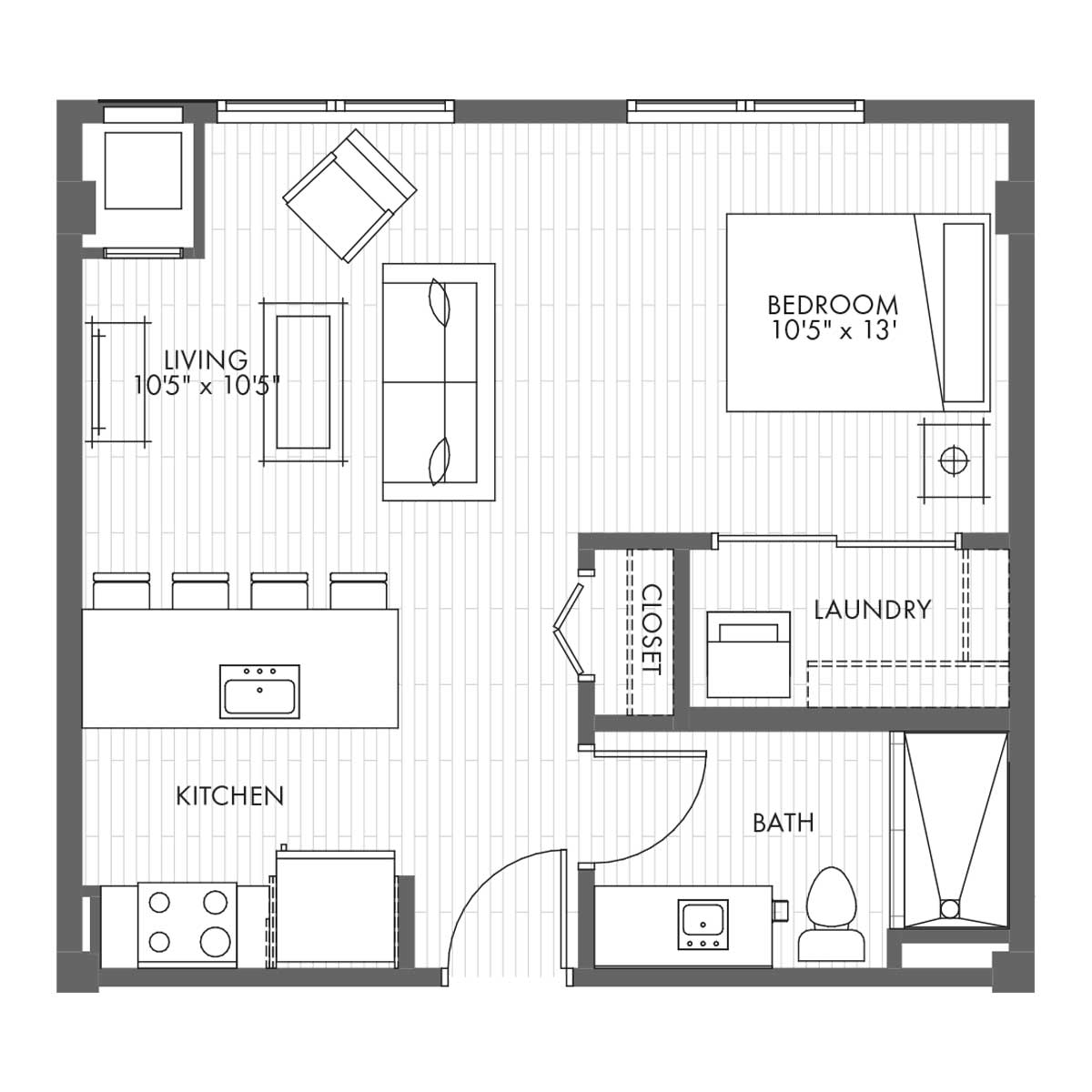
- Unit Size and Layout: Determine the optimal size and layout of each unit, considering factors such as the number of bedrooms, bathrooms, and living spaces.
- Natural Light: Maximize natural light by incorporating large windows and balconies to create a sense of spaciousness.
- Storage: Provide ample storage solutions, such as closets, built-in shelves, and under-bed storage, to keep the living areas clutter-free.
- Flow and Circulation: Ensure a smooth flow of movement throughout the unit, avoiding cramped or awkward spaces.
- Privacy: Design the layout to provide privacy for each unit, minimizing noise and visual distractions.





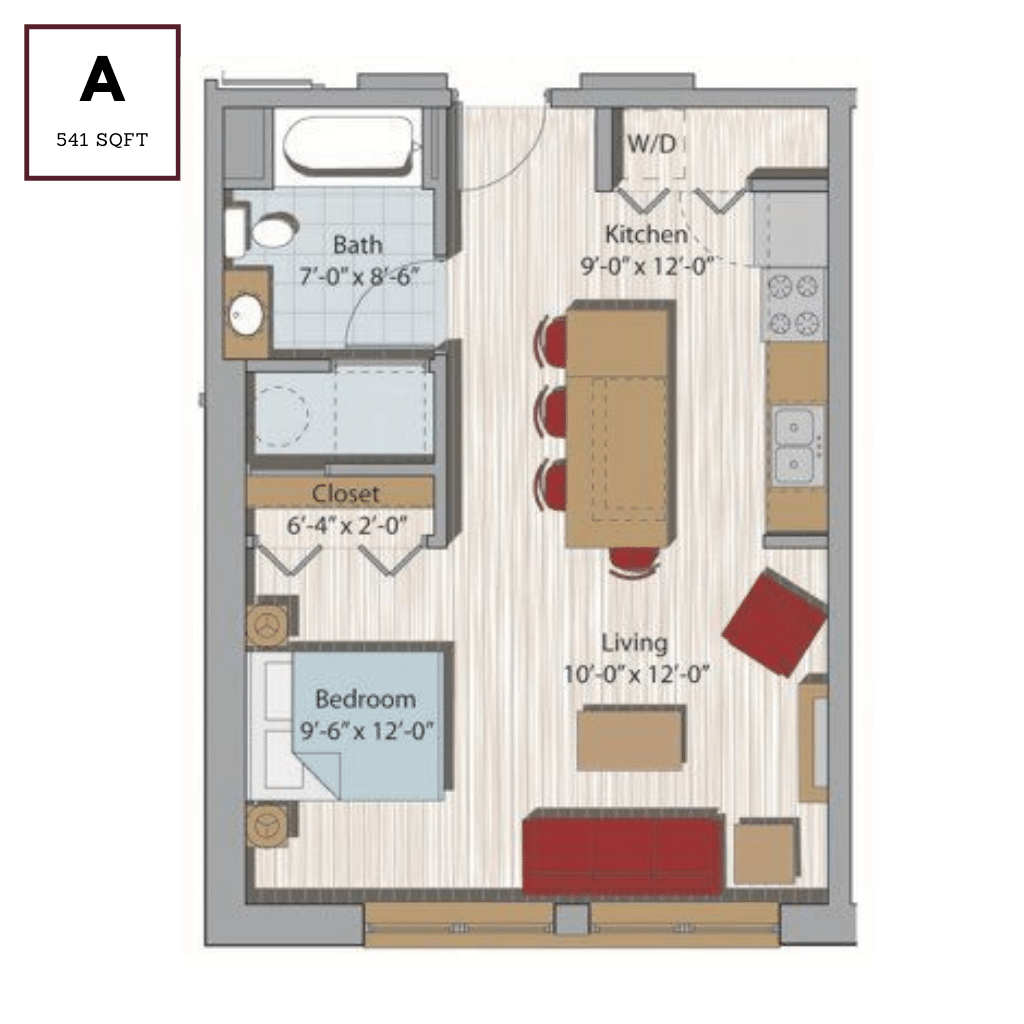
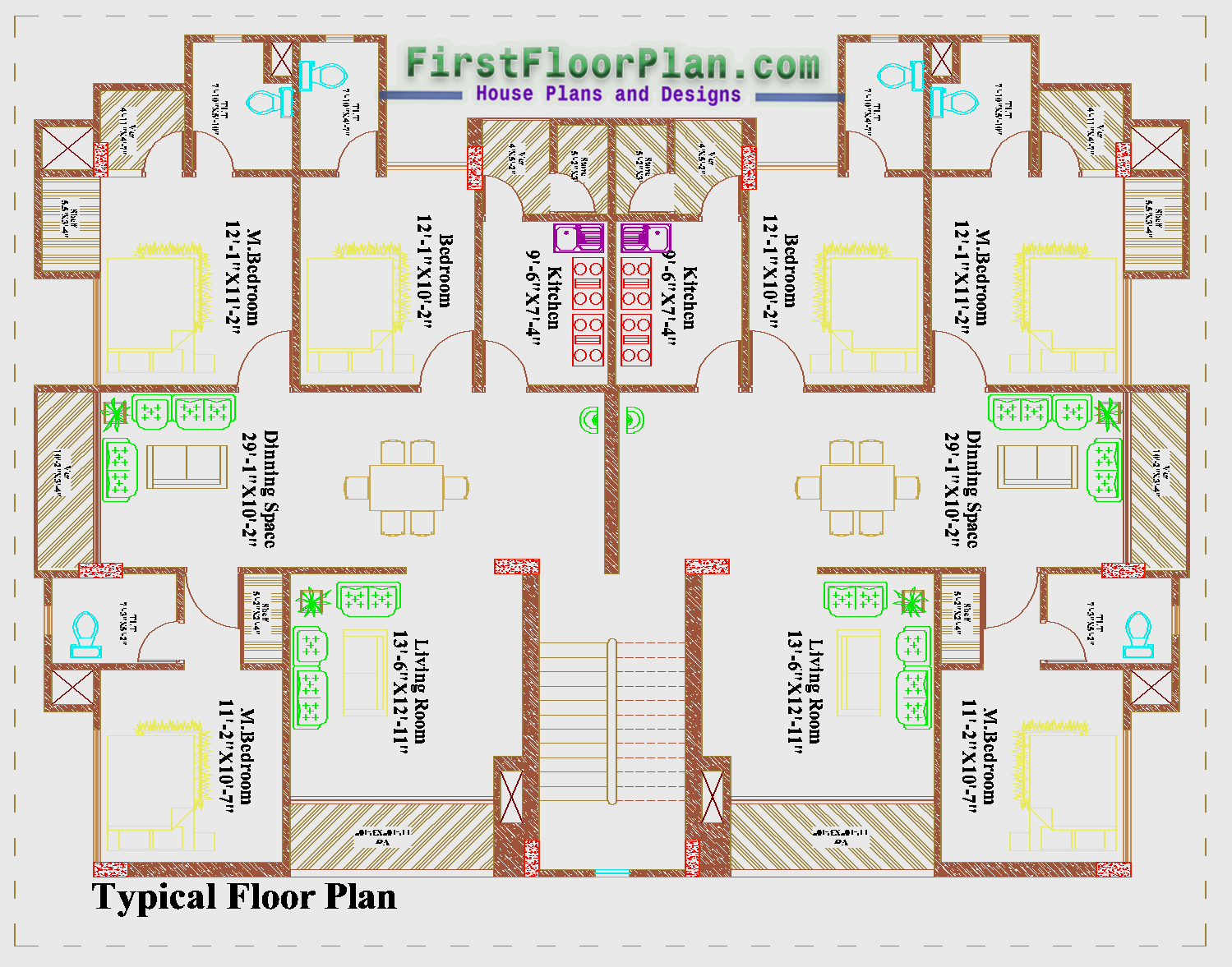
Common Floor Plan Options

There are several common floor plan options for small apartment buildings:
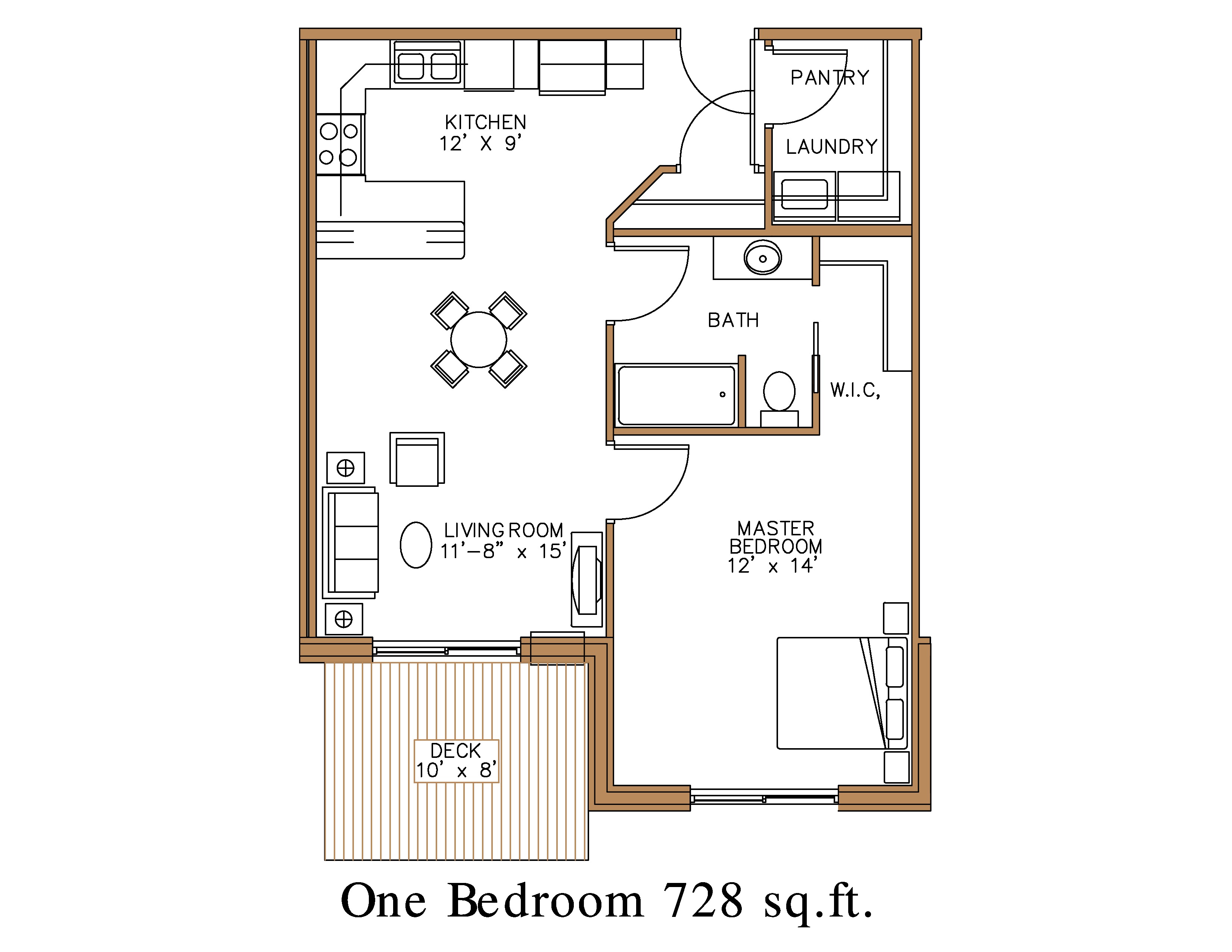
- Studio Apartments: Single-room units that combine the living, sleeping, and kitchen areas into one space.
- One-Bedroom Apartments: Units with a separate bedroom, living area, and kitchen.
- Two-Bedroom Apartments: Units with two bedrooms, a living area, and a kitchen.
- Loft Apartments: Open-plan units with high ceilings and exposed beams, often featuring a mezzanine level for additional space.






Building Layout

The overall layout of the building should consider the following:

- Number of Units: Determine the number of units that can be accommodated on the available land.
- Building Height: Optimize the building height to maximize the number of units while maintaining a reasonable scale.
- Common Areas: Include shared amenities such as a laundry room, storage lockers, or a small outdoor space.
- Parking: Provide adequate parking spaces for residents and visitors.




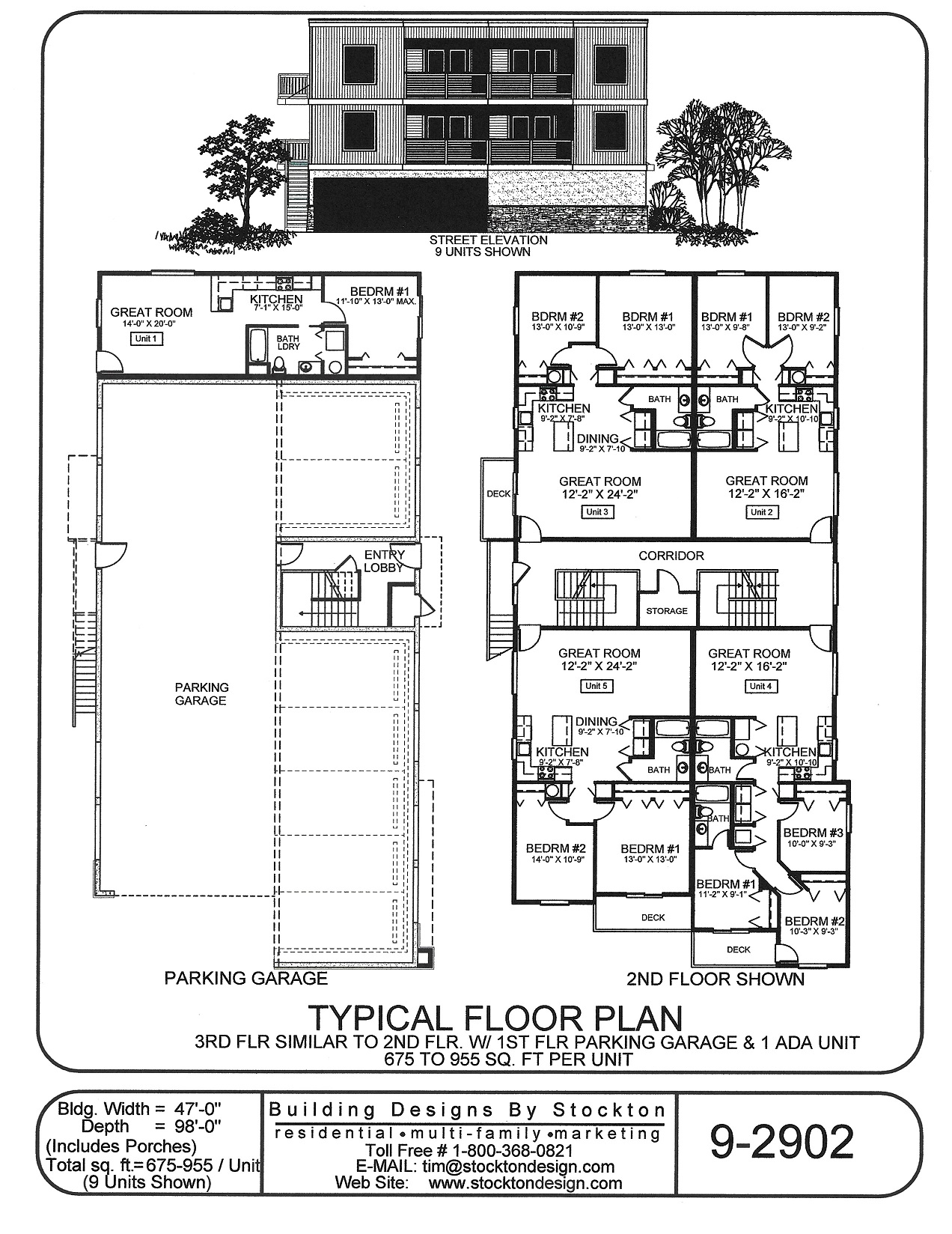

Sustainability Features

Incorporating sustainability features into the floor plan can enhance the building’s efficiency and reduce its environmental impact:

- Energy-Efficient Appliances: Install energy-efficient appliances in each unit to reduce energy consumption.
- Natural Ventilation: Design the building to promote natural ventilation, reducing the need for air conditioning.
- Water-Saving Fixtures: Install low-flow toilets and faucets to conserve water.
- Green Roof: Consider installing a green roof to reduce heat absorption and improve air quality.
Conclusion
Creating a functional and efficient floor plan for a small apartment building requires careful planning and attention to detail. By considering the specific needs of the occupants and incorporating sustainable features, architects and developers can design buildings that maximize space, comfort, and environmental responsibility.



